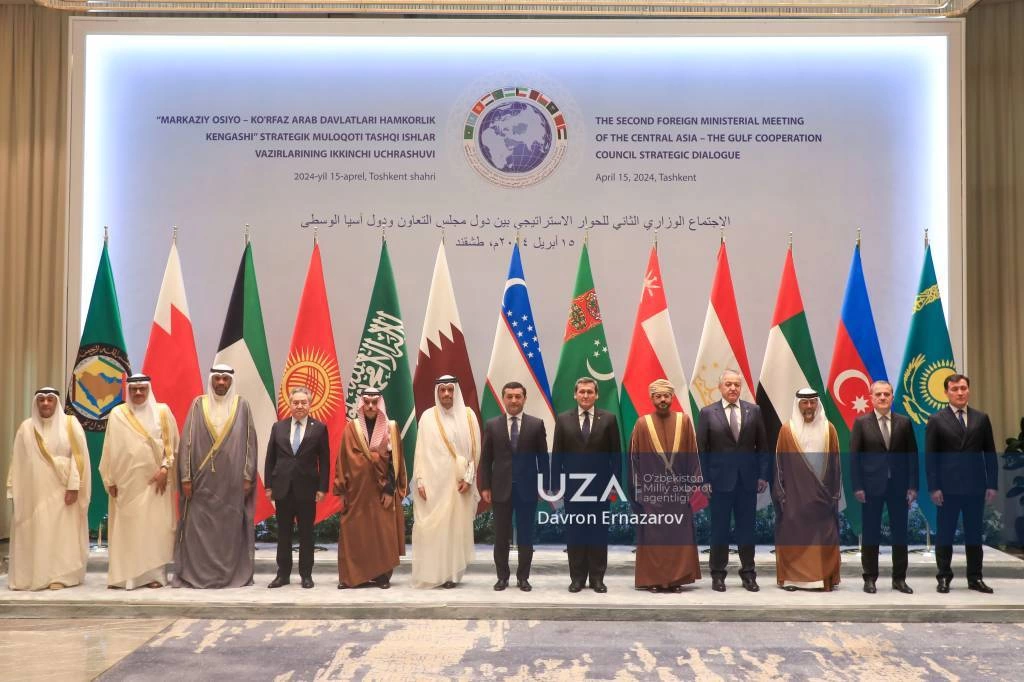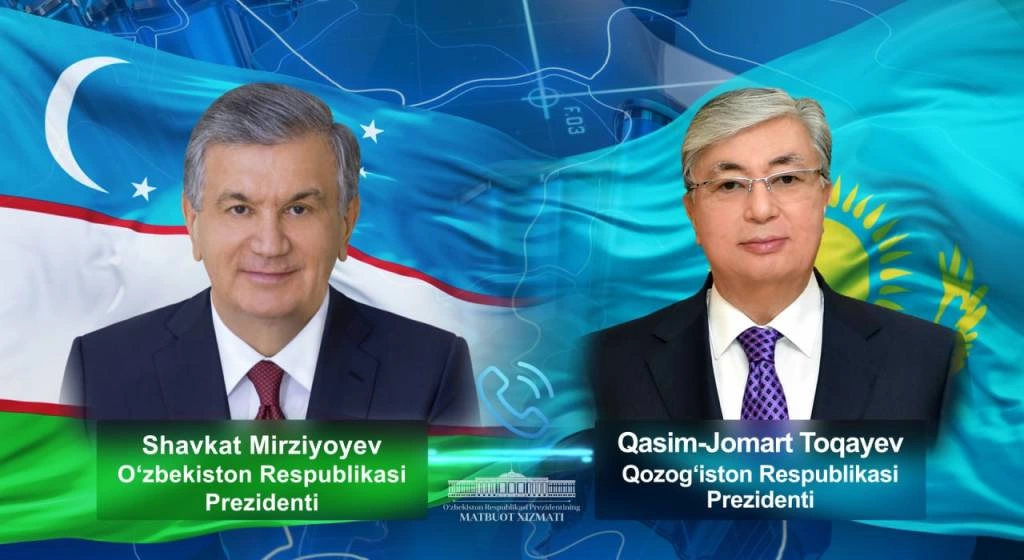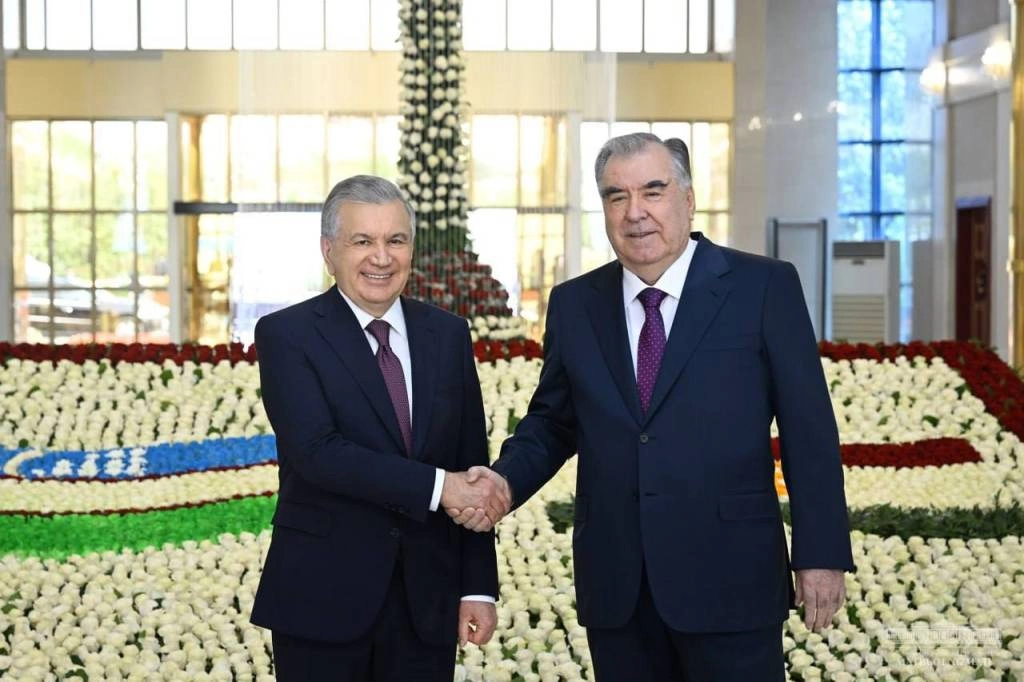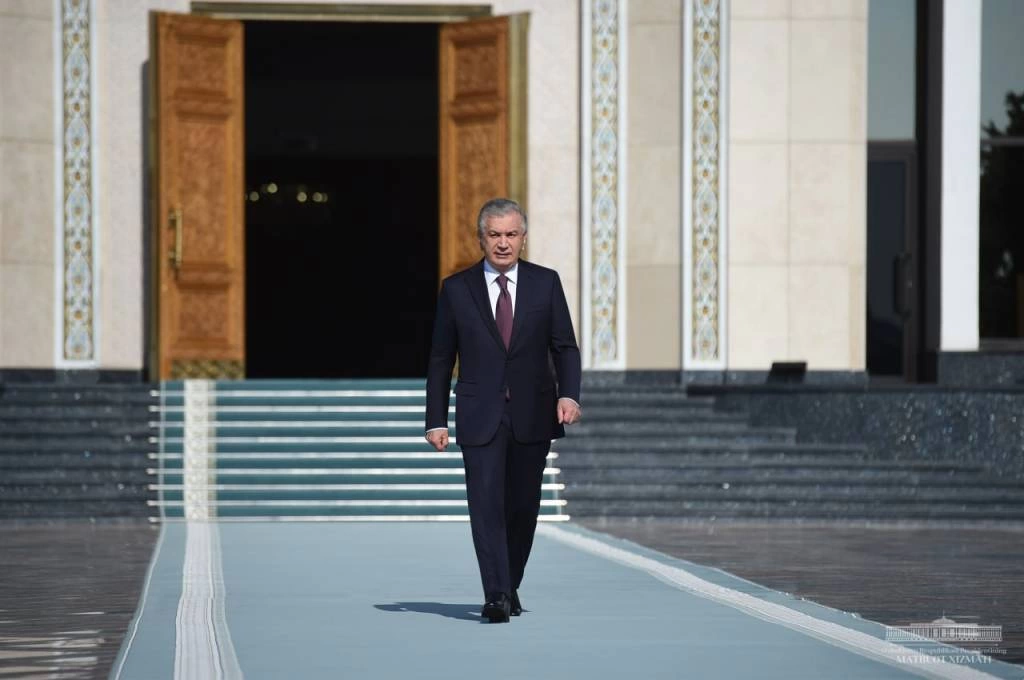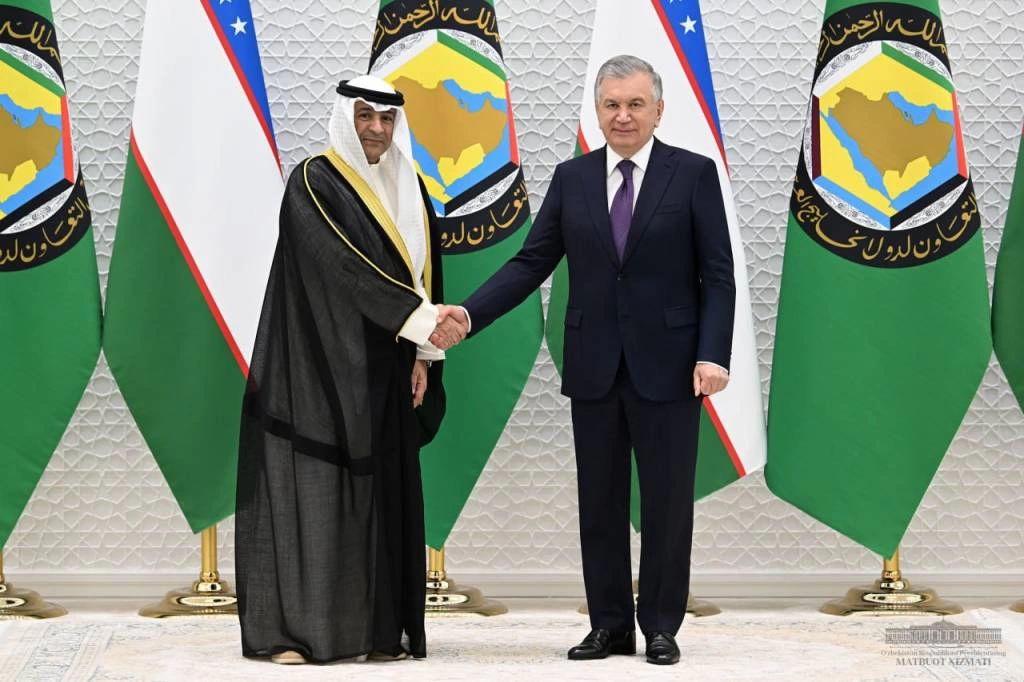Tashkent hosted the Second Foreign Ministerial Meeting of Central Asia – the Gulf Cooperation Council Strategic Dialogue.
The foreign ministers of Uzbekistan, Kazakhstan, Kyrgyzstan, Tajikistan, Turkmenistan, Bahrain, Qatar, Kuwait, UAE, Oman, and Saudi Arabia attended the event.
“The strategic dialogue “Central Asia – Cooperation Council for the Arab States of the Gulf” plays an important role in strengthening cooperation between our countries”, says the Minister of Foreign Affairs of the Republic of Uzbekistan Bakhtiyor Saidov. “The choice of Uzbekistan among Central Asian countries to host this prestigious event clearly confirms our solidarity and determination to strengthen the partnership between two strategically important regions – Central Asia and the Persian Gulf. The meeting is a convenient opportunity to discuss the agenda of our cooperation, jointly implement the agreements reached at the first summit held in Jeddah in 2023, and exchange views on current international and regional issues”.
At the meeting, a wide range of topics were discussed, including the implementation of the agreements reached, development of cooperation in security, trade, economic, investment, transport and communications, cultural, humanitarian and environmental protection.
“The purpose of holding the Second Foreign Ministerial Meeting of Central Asia – the Gulf Cooperation Council Strategic Dialogue is to prepare for the second high-level summit in the “Central Asia – Gulf Cooperation Council” format, which will be held next year in Samarkand”, says Secretary General of the Cooperation Council for the Arab States of the Gulf Jasem Mohamed AlBudaiwi. “Today’s meeting will become the foundation for another successful summit. It should be noted that the Gulf states have good relations with Central Asian countries”.
The Tashkent meeting will undoubtedly be the next step towards the full realization of the parties’ potential and will strengthen mutual understanding, reliable dialogue, and equal partnership between the countries of two rapidly developing regions.
The ministers exchanged views on current international and regional issues, particularly the situation in Afghanistan and the Middle East, among other topics.
Following the meeting, a joint statement was adopted.
The foreign ministers of Uzbekistan, Kazakhstan, Kyrgyzstan, Tajikistan, Turkmenistan, Bahrain, Qatar, Kuwait, UAE, Oman, and Saudi Arabia attended the event.
“The strategic dialogue “Central Asia – Cooperation Council for the Arab States of the Gulf” plays an important role in strengthening cooperation between our countries”, says the Minister of Foreign Affairs of the Republic of Uzbekistan Bakhtiyor Saidov. “The choice of Uzbekistan among Central Asian countries to host this prestigious event clearly confirms our solidarity and determination to strengthen the partnership between two strategically important regions – Central Asia and the Persian Gulf. The meeting is a convenient opportunity to discuss the agenda of our cooperation, jointly implement the agreements reached at the first summit held in Jeddah in 2023, and exchange views on current international and regional issues”.
At the meeting, a wide range of topics were discussed, including the implementation of the agreements reached, development of cooperation in security, trade, economic, investment, transport and communications, cultural, humanitarian and environmental protection.
“The purpose of holding the Second Foreign Ministerial Meeting of Central Asia – the Gulf Cooperation Council Strategic Dialogue is to prepare for the second high-level summit in the “Central Asia – Gulf Cooperation Council” format, which will be held next year in Samarkand”, says Secretary General of the Cooperation Council for the Arab States of the Gulf Jasem Mohamed AlBudaiwi. “Today’s meeting will become the foundation for another successful summit. It should be noted that the Gulf states have good relations with Central Asian countries”.
The Tashkent meeting will undoubtedly be the next step towards the full realization of the parties’ potential and will strengthen mutual understanding, reliable dialogue, and equal partnership between the countries of two rapidly developing regions.
The ministers exchanged views on current international and regional issues, particularly the situation in Afghanistan and the Middle East, among other topics.
Following the meeting, a joint statement was adopted.



